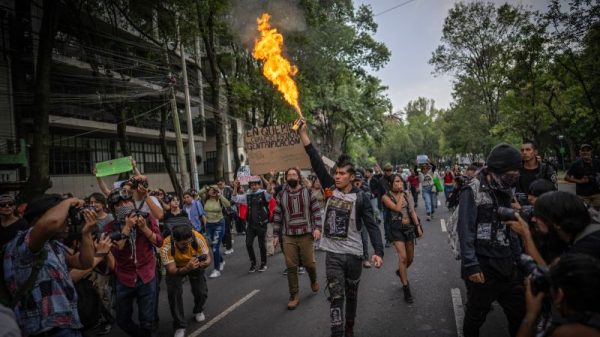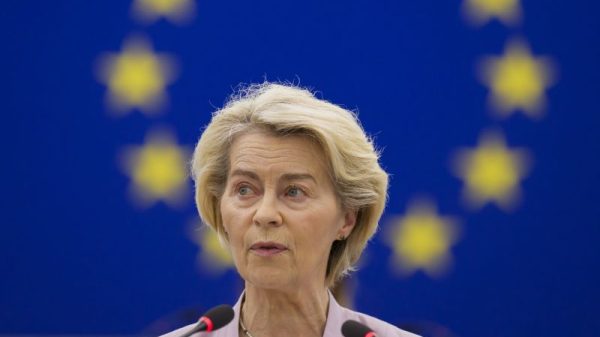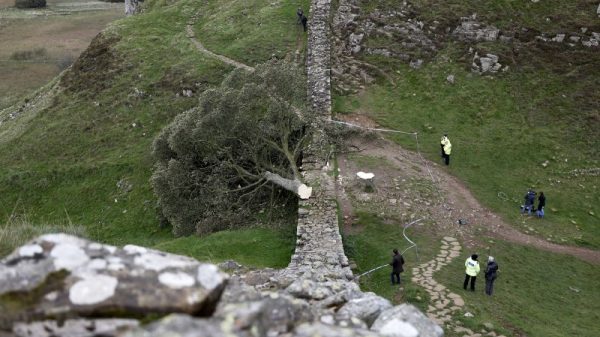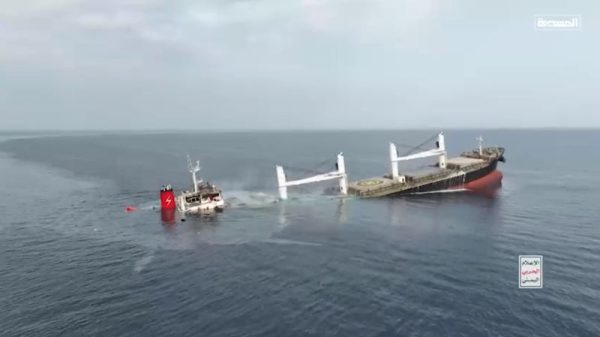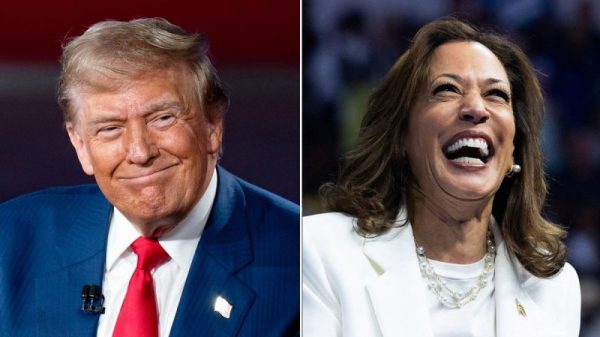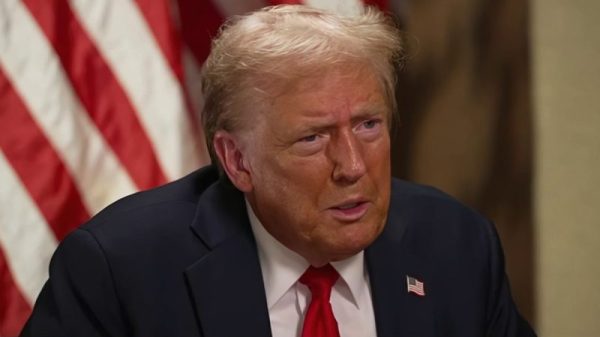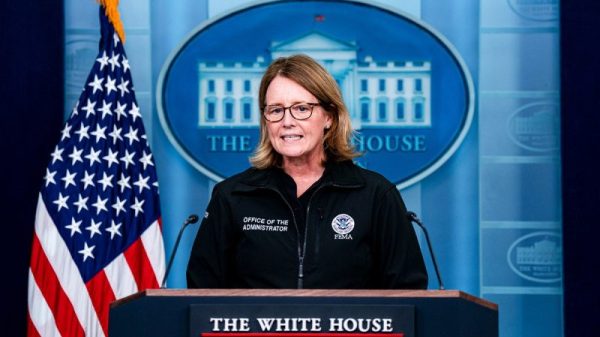The U.S. wants to fast-track outfitting Australia with nuclear submarines under the trilateral agreement between the U.S., Australia and the U.K. to beef up Australia’s submarine force aimed at countering Chinese influence in the Indo-Pacific.
In the agreement, known as AUKUS, the U.S. will sell up to five Virginia-class nuclear-powered submarines to Australia — slated for delivery as soon as 2032. Additionally, Australia and the U.K. will then coordinate to build additional attack submarines for Australia’s fleet.
But President Donald Trump told reporters that he is eyeing a faster timeline, when asked if he was interested in speeding up the process.
‘Well we are doing that, yeah … we have them moving very, very quickly,’ Trump told reporters Monday while meeting with Australia’s prime minister, Anthony Albanese, at the White House.
Even so, Trump also said that he didn’t believe that AUKUS was necessary to deter China as he touted his relationship with Chinese President Xi Jinping, who he is expected to meet with in South Korea later in October.
‘I don’t think we’re going to need it,’ Trump said about the trilateral agreement. ‘I think we’ll be just fine with China. China doesn’t want to do that. First of all, the United States is the strongest military power in the world by far. It’s not even close, not even close. We have the best equipment. We have the best of everything, and nobody’s going to mess with that. And I don’t see that at all with President Xi.’
Meanwhile, the AUKUS deal hasn’t been on the most steady footing as the U.S. runs up against its own challenges with its shipbuilding capabilities.
A slim workforce and insufficient supply chain in the U.S. shipbuilding industry could stymie the agreements, according to a Congressional Research Service report issued in March. The report also cautioned that the U.S. Navy would suffer a shortage of attack submarines for 20 years.
Although the Navy has ordered two boats annually for the past 10 years, U.S. shipyards have only been able to produce 1.2 Virginia-class submarines annually since 2022, according to the report.
Trump and Albanese also signed a critical minerals deal Monday during their meeting. The deal will require both countries to invest more than $3 billion throughout the next six months in critical mineral projects, according to a White House fact sheet.
The deal also requires the Department of War to invest in a 100 metric ton-per-year advanced gallium refinery in Western Australia to support ‘self-reliance in critical minerals processing,’ according to the fact sheet.
The Associated Press contributed to this report.






